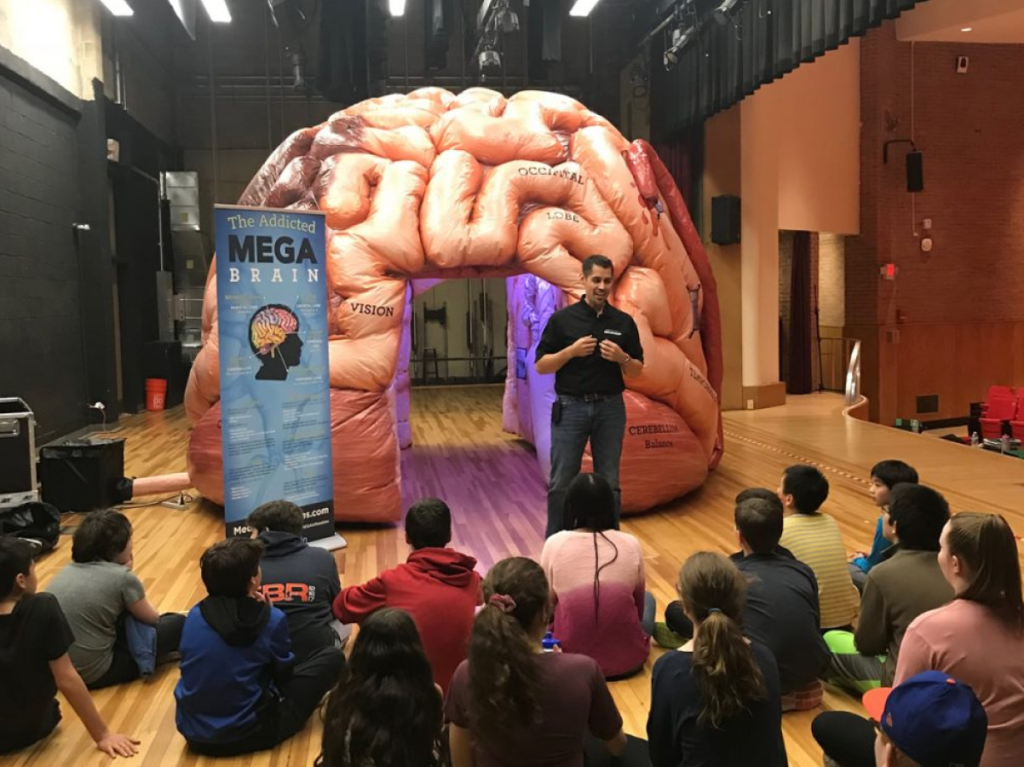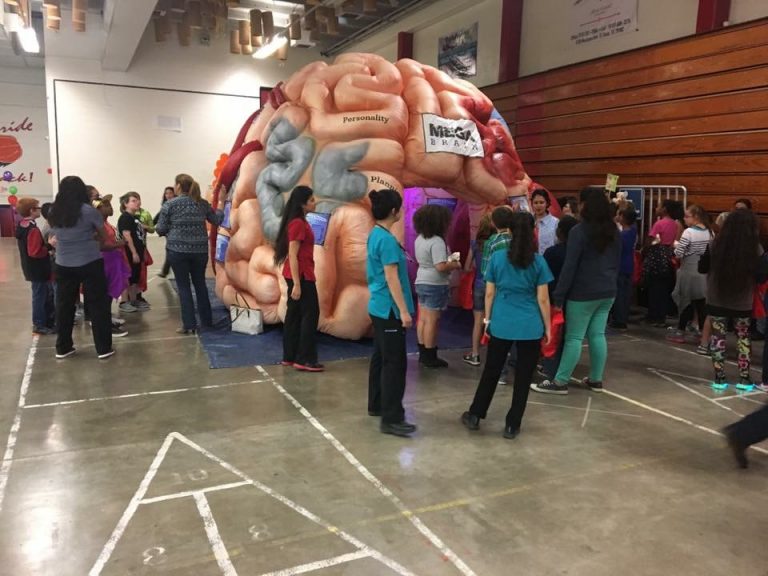
brain talk before the abcs – teaching kids about the brain at an early age
Parents and educators: you may want to start lessons on the brain way before counting and the ABCs. Here’s why. Stanford University psychologist Carol Dweck has shown that teaching kids about how their brains work—and specifically that brains are “plastic” and can develop new capabilities with practice—makes a huge difference in how well kids deal with setbacks and mistakes.
Brain lessons can also make kids more motivated when they’re trying to master a new task, according to Dweck’s research. And with children’s attitudes and behaviors on achievement and failure already in place by preschool, it’s crucial to start early.

A majority of children, however, have a limited understanding of the brain. Often, parents and teachers explain other body parts, but think the brain’s too complicated and leave it out. Most students aren’t formally taught about the brain until middle school.
In one study, psychologists Peter Marshall and Christina Comalli found kids ages 4 to 13 failed to connect the brain to anything other than thinking. Kids thought it was a container for storing facts. They were oblivious to its role in seeing, smelling, hearing, feeling and other crucial functions. Marshall and Comalli wanted to change that. They found a 20-minute lesson about the brain was enough to improve kids’ knowledge of how the brain works. They advocate for neuroscience in elementary schools.
